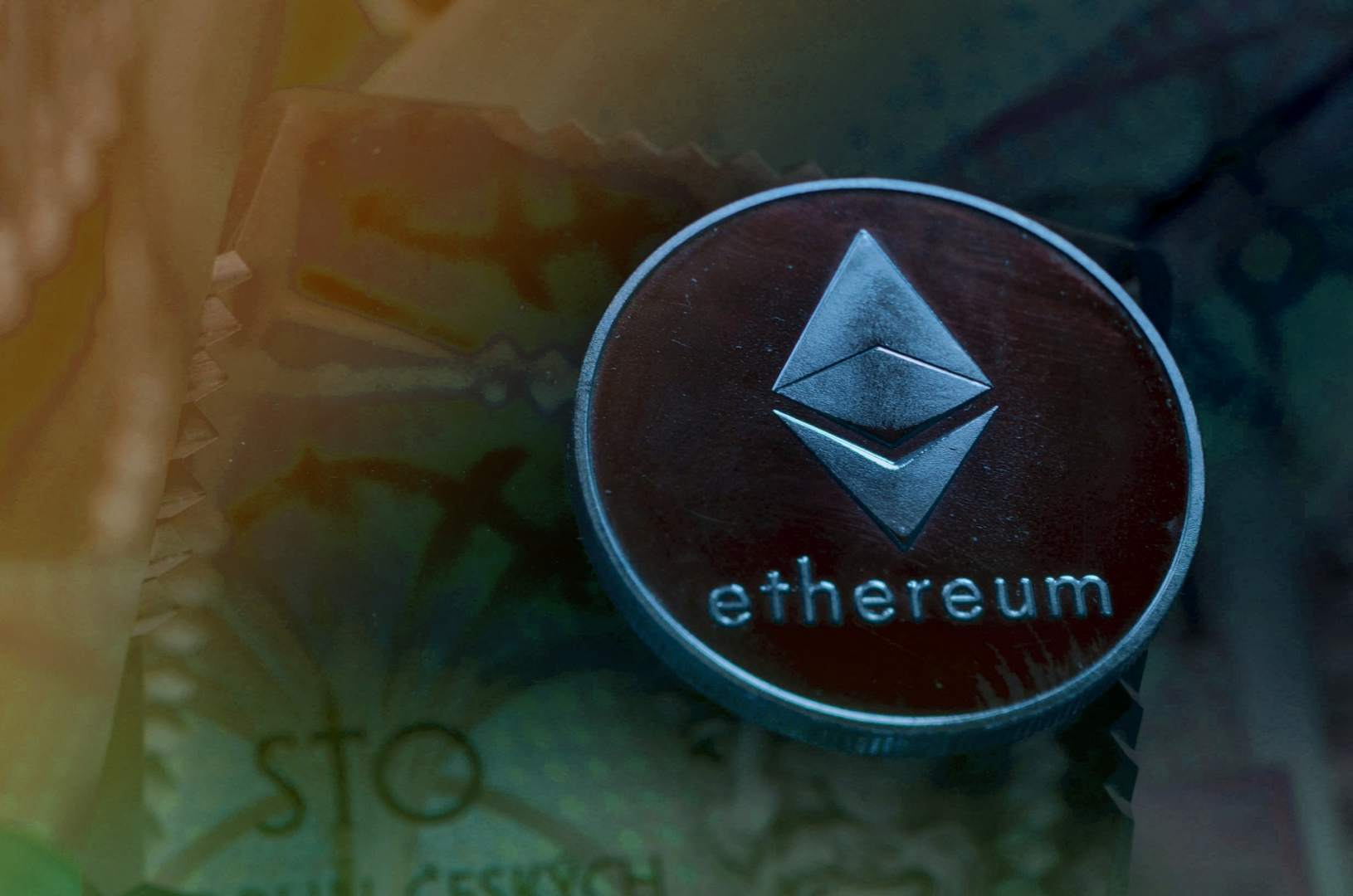Smart contract development: how to take advantage of Ethereum
Feltöltés dátuma:
Probably most of you have heard about cryptocurrencies and the most popular type of them, Bitcoin. So if you’ve already came across Bitcoin, chances are you’ve already heard of Ethereum in some form. Ethereum’s cryptocurrency (ETH) is the second largest cryptocurrency and a blockchain platform that is widely used for both gaming and making transactions.
But what is Ethereum?
It’s an open source platform and it uses blockchain technology to create and run digital applications. Ethereum allows users to make deals directly with each other, enter into transactions, and make purchases and sales of goods and services without intermediaries. This way, users don’t even have to use banks to transfer money, so they can avoid the extra costs. The significant difference between Ethereum and the basic ISPs (internet service providers) is that the various agreements, for example, are stored in general ledgers rather than on a specific central server such as Google. The user can manage his data himself, avoiding the interference of a third party.
What is the essence of Ethereum?
The point is that in a decentralized interface, we can create so-called smart contracts (intelligent contracts) between two parties without the involvement of a third party. These smart contracts are a kind of code. The code itself is neither intelligent nor a contract, but it can be considered intelligent because it is reactive to the triggers and conditions that arise, and it can also be considered a contract because it is capable of enforcing an agreement between several entities.
What makes Ethereum attractive?
It makes Ethereum so special that it laid out the original concept for Bitcoin and added new features. This created a powerful, open source and blockchain-based smart contract platform. The platform is able to move and store values similar to Bitcoin, but Ethereum also works as a new, decentralized Internet along with its own applications. The ability to execute smart contracts is novel, and Ether as a cryptocurrency has the power to make applications censorship-free and secure.
Ethereum itself provides quite strong usability for the crypto sector as a whole, by being able to offer its blockchain as a platform to build other projects as well. Ethereum satisfies quite a big demand and it is important for users to have an open source Internet that is free from all forms of censorship and manipulation.
Overall, Ethereum is more than a simple cryptocurrency. The platform itself supports smart contracts and Ethereum can be used in several sectors such as art, energy distribution or medicine. Ethereum aims to combine easy access to information, but with the retention of personal information.
Sign up for our newsletter!
Sign up for our newsletter to be the first to know about our latest projects and technological innovations.
Predicting Trends and Demand: The Power of AI in Inventory Forecasting
Inventory management is a critical aspect of any business, influencing costs, customer satisfaction, and overall profitability. Traditionally, inventory forecasting relied on manual methods and historical data analysis, often resulting in inaccuracies and inefficiencies. However, with the advent of Artificial Intelligence (AI) and machine learning, businesses now have powerful tools at their disposal to predict trends and demand with unprecedented accuracy. In this article, we'll explore the transformative power of AI in inventory forecasting and how businesses can leverage these technologies to optimize their supply chain operations.
Navigating Regulatory Compliance and Legal Considerations with Utility NFTs
As utility Non-Fungible Tokens (NFTs) gain traction across various industries, it's crucial for developers, businesses, and users to navigate the legal landscape and ensure compliance with regulatory requirements. While utility NFTs offer innovative solutions for ownership, access control, and digital asset management, they also pose legal challenges related to intellectual property rights, securities regulations, data privacy, and consumer protection. In this article, we'll explore the key legal considerations and regulatory compliance issues associated with utility NFTs and provide guidance on how to navigate them effectively.

















